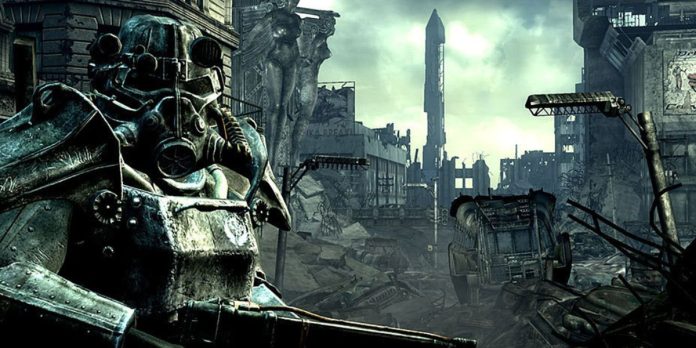Brexit negotiations have been a long and complicated process, with many key players involved in shaping the outcome. From politicians to business leaders, these individuals have played a significant role in determining the future of the United Kingdom’s relationship with the European Union. In this article, we will take a closer look at 10 key players who have influenced Brexit negotiations.
1. Theresa May
Theresa May was the Prime Minister of the United Kingdom from 2016 to 2019 and was responsible for negotiating the terms of Brexit with the European Union. May’s approach to Brexit was characterized by her desire to maintain a close relationship with the EU while also delivering on the result of the 2016 referendum. However, her proposed deal was rejected by Parliament three times, ultimately leading to her resignation.
2. Boris Johnson
Boris Johnson succeeded Theresa May as Prime Minister in July 2019 and has been leading the UK’s negotiations with the EU since then. Johnson’s approach to Brexit has been more hardline than May’s, with a focus on leaving the EU with or without a deal. He has faced criticism for his handling of negotiations, particularly in relation to the Northern Ireland Protocol.
3. Michel Barnier
Michel Barnier is the European Union’s chief negotiator for Brexit and has been responsible for negotiating on behalf of the EU since 2016. Barnier has been a key figure in shaping the EU’s negotiating position, which has focused on protecting the integrity of the single market and ensuring a level playing field for businesses.
4. Jean-Claude Juncker
Jean-Claude Juncker was the President of the European Commission from 2014 to 2019 and played a significant role in shaping the EU’s approach to Brexit. Juncker was a vocal critic of Brexit and was committed to protecting the interests of the remaining EU member states during negotiations.
5. Donald Tusk
Donald Tusk was the President of the European Council from 2014 to 2019 and was responsible for coordinating the EU’s response to Brexit. Tusk played a key role in setting the EU’s negotiating priorities, including the protection of citizens’ rights and the avoidance of a hard border between Northern Ireland and the Republic of Ireland.
6. David Davis
David Davis was the UK’s Brexit Secretary from 2016 to 2018 and was responsible for leading the UK’s negotiations with the EU during that time. Davis was a key figure in shaping the UK’s negotiating position, which focused on securing a comprehensive free trade agreement with the EU.
7. Dominic Raab
Dominic Raab succeeded David Davis as Brexit Secretary in July 2018 and held the position until November of that year. Raab was responsible for negotiating the UK’s withdrawal agreement with the EU, which was ultimately rejected by Parliament.
8. Arlene Foster
Arlene Foster is the leader of the Democratic Unionist Party (DUP) in Northern Ireland and has been a key figure in shaping the UK’s approach to the Northern Ireland Protocol. Foster has been a vocal critic of the Protocol, which she believes undermines Northern Ireland’s place within the UK.
9. Leo Varadkar
Leo Varadkar was the Taoiseach (Prime Minister) of Ireland from 2017 to 2020 and played a significant role in shaping the EU’s approach to Brexit. Varadkar was committed to protecting Ireland’s interests during negotiations, particularly in relation to avoiding a hard border with Northern Ireland.
10. Emmanuel Macron
Emmanuel Macron is the President of France and has been a vocal critic of Brexit since before he took office. Macron has been a key figure in shaping the EU’s negotiating position, particularly in relation to ensuring a level playing field for businesses and protecting the integrity of the single market.
In conclusion, these 10 key players have all played a significant role in shaping the outcome of Brexit negotiations. From politicians to business leaders, each individual has brought their own perspective and priorities to the table, making negotiations a complex and challenging process. As the UK continues to navigate its relationship with the EU, it will be interesting to see how these key players continue to shape the future of Brexit.



